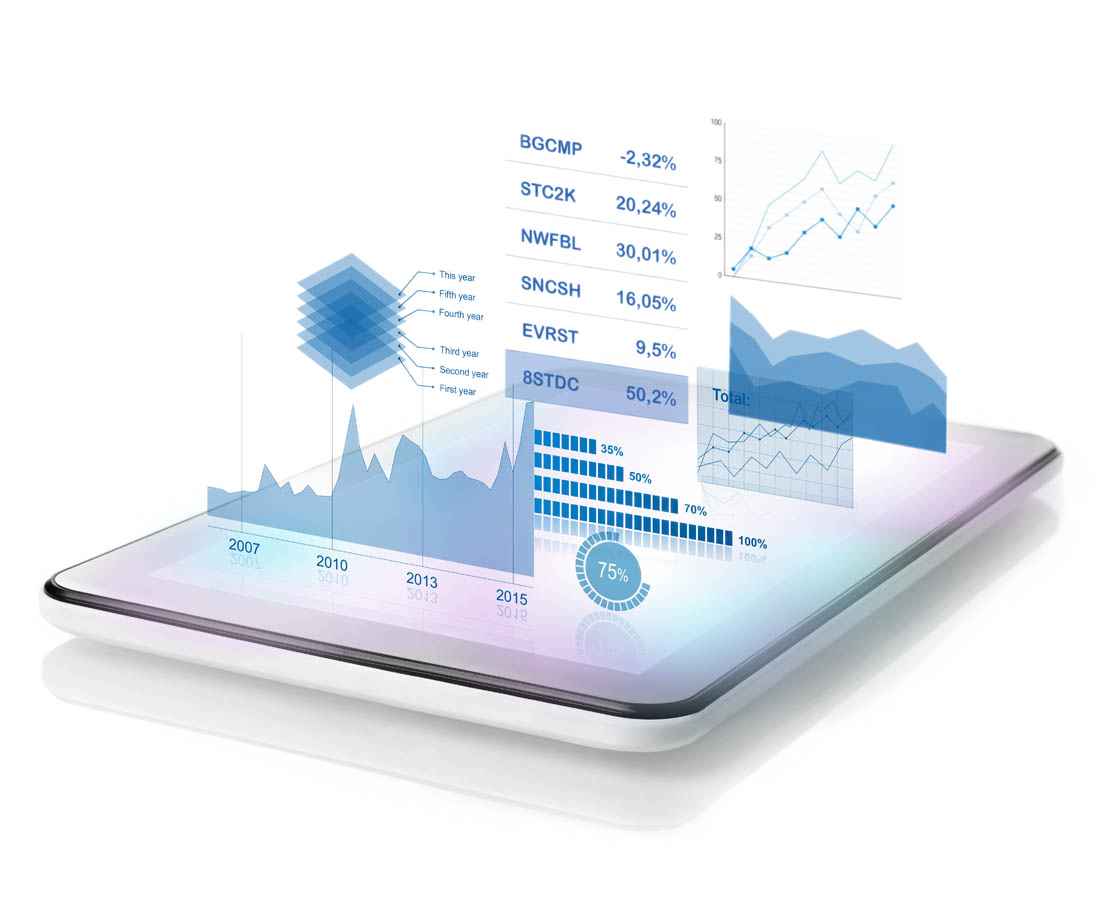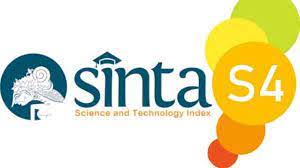Kepemimpinan Transformasional Kepala Sekolah dalam Meningkatkan Motivasi dan Komitmen Guru
Abstract
The aim of the research is to explain and describe transformational leadership as being able to increase teacher motivation and commitment at Madrasah Aliyah Negeri 5 Banjar. The research method is qualitative through a case study approach. Data collection techniques using online questionnaires using Google forms, documentation and observation. Data processing techniques using data collection, reduction, data presentation and drawing conclusions. Data validity techniques with credibility and confirmability. The research results show: (1) transformational leadership: idealized Influence: having a vision and mission, feeling proud, getting attention and trust from teachers. Inspirational Motivation, able to inspire, give an example and motivate teachers to develop. Intellectual Stimulation, increasing teacher creativity and innovation, increasing rationality and problem solving. Individualized Consideration, treating teachers fairly, providing teacher assistance, monitoring and supervision. (2) transformational leadership style is able to increase teacher motivation, such as enthusiasm for carrying out tasks, responsibility, ability to create new ideas. (3) transformational leadership style is able to increase teacher commitment, such as involving teachers in official meetings, training and teacher forums
Copyright (c) 2024 Sabariah Sabariah, Abdul Khair, Muhammad Hizri, Rufi’i Rufi’i, Sulistiami Sulistiami, Agustina Rahmi

This work is licensed under a Creative Commons Attribution-ShareAlike 4.0 International License.
This journal provides immediate open access to its content on the principle that making research freely available to the public supports a greater global exchange of knowledge.

Komunika by http://ejournal.iainu-kebumen.ac.id/index.php/An-Nidzam/ is licensed under a Creative Commons Attribution-ShareAlike 4.0 International License
Authors who publish with this journal agree to the following terms:
- Authors retain copyright and grant the journal right of first publication with the work simultaneously licensed under a Creative Commons Attribution License that allows others to share the work with an acknowledgement of the work's authorship and initial publication in this journal.
- Authors are able to enter into separate, additional contractual arrangements for the non-exclusive distribution of the journal's published version of the work (e.g., post it to an institutional repository or publish it in a book), with an acknowledgement of its initial publication in this journal.
- Authors are permitted and encouraged to post their work online (e.g., in institutional repositories or on their website) prior to and during the submission process, as it can lead to productive exchanges, as well as earlier and greater citation of published work (See The Effect of Open Access).










1.png)


